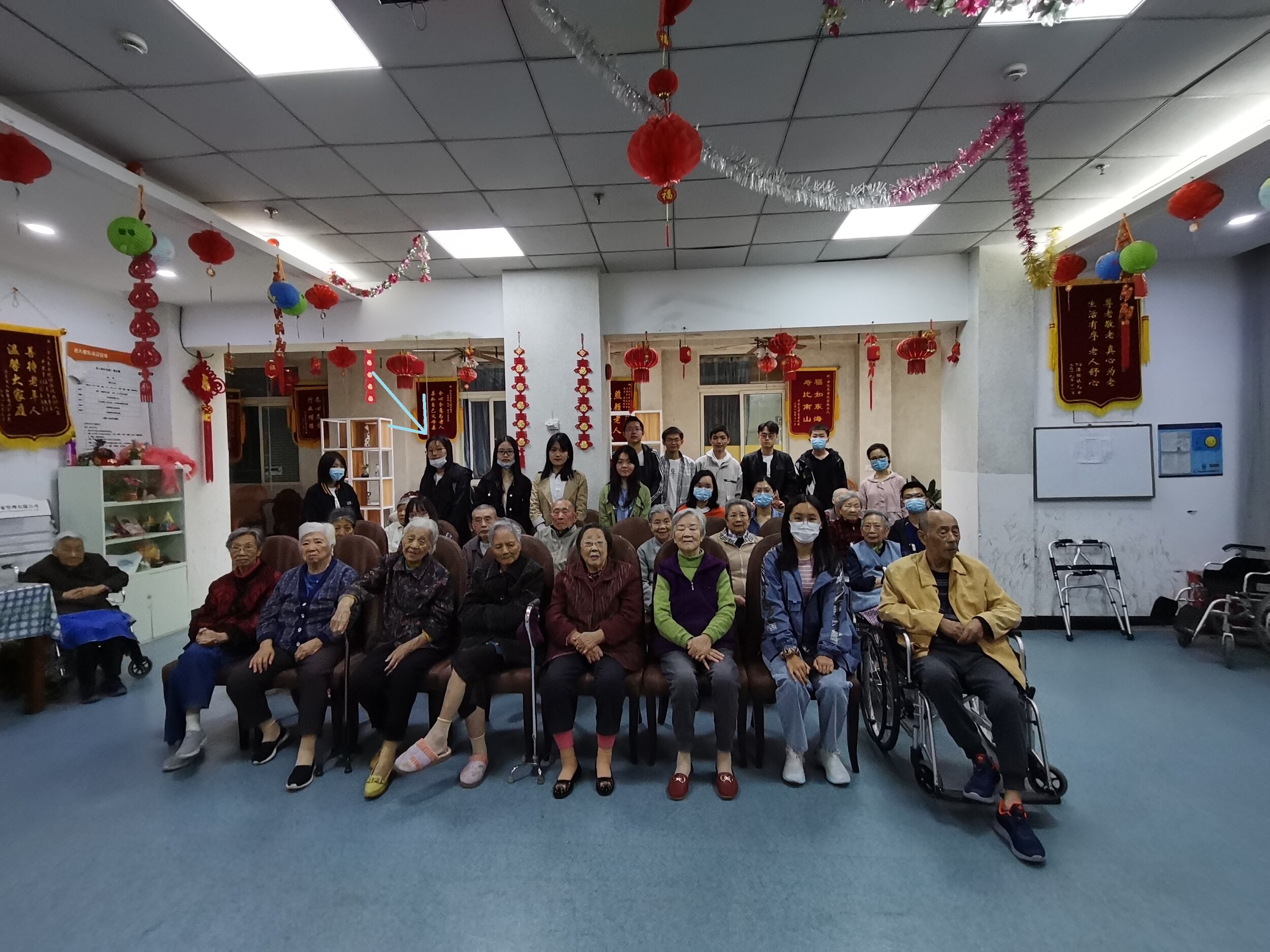The Inclusivity Award: Advancing Accessibility to Synthetic Biology
by Divya Ail, Divya Israni, Maria Jose Ugarte Orozco, Armando Cortes Resendiz, Lore Leclerc, and Anne Meyer, on behalf of the iGEM Diversity & Inclusion Committee
“We must not only learn to tolerate our differences. We must welcome them as the richness and diversity which can lead to true intelligence.”
Historically, many people have been excluded from science because of gender, ethnicity, socioeconomic status, disability or other reasons. At iGEM, we are committed to working towards a fairer and more inclusive world, where synthetic biology is a tool developed and used responsibly by ever more diverse groups of people, in many more locations, to help address the problems that affect their lives.
Last year, we introduced the Inclusivity Award to recognize excellence among iGEM teams working to create a more inclusive and representative scientific community. This special award honors teams that have made exceptional and thoughtful efforts to eliminate the barriers that prevent underrepresented groups from contributing to, participating in, or being represented by scientific research.
Winners of the iGEM 2020 Inclusivity Award were:
🏆 Rochester (United States, Undergrad Division)
Rochester (United States, Undergrad Division) for exploring art as a media communicating science concepts without language barriers, and for creating phrases commonly used at the iGEM Jamboree in American Sign Language, which they shared on social media to encourage and enable others to engage with the Deaf Community.
🏆 Leiden (Netherlands, Overgrad Division)
Leiden (Netherlands, Overgrad Division) for adopting a color scheme for all their deliverables that had been optimized using color blindness simulations, and creating a guide to give future teams easy-to-use, very intuitive tools for creating color-blind friendly projects.
🏆 PYMS_GZ_China (China, High School Division)
PYMS_GZ_China (China, High School Division) for creating the podcast “Boss Women in STEM” to inspire girls to pursue a career in STEM, and establishing a seven-step plan with ideas on how to effectively support the Latinx community in STEM fields.
Nominees for the iGEM 2020 Inclusivity Award focused on increasing accessibility for:
Team Fudan tried new approaches to educating and communicating with the elderly in their community about osteoporosis.
Elderly and Youth who may be isolated from society
CCU_Taiwan (Taiwan, Undergrad Division)
Fudan (China, Undergrad Division)
Students with limited English proficiency
KU_ISTANBUL (Turkey, Undergrad Division)
Persons with physical disabilities
Waterloo (Canada, Undergrad Division)
Persons from under-represented groups
Concordia-Montreal (Canada, Overgrad Division)
Technion-Israel (Israel, Overgrad Division)
CLS_CLSG_UK (United Kingdom, High School Division)
Before the Award
Paris-Bettencourt 2013 (France, Overgrad Division) investigated gender representation within synthetic biology research labs, conferences, publications, and iGEM, and inspired the creation of the iGEM Diversity & Inclusion Committee.
Even before the Inclusivity Award was introduced, many iGEM teams demonstrated excellence in creating a more inclusive and representative scientific community in earlier years, including:
Paris-Bettencourt 2013 (France, Overgrad Division) investigated gender representation within synthetic biology research labs, conferences, publications, and iGEM. Their findings and recommendations motivated the creation of the iGEM Diversity & Inclusion Committee.
Marburg 2014 (Germany, Overgrad Division) collaborated with a local institute to better understand how visually impaired people are excluded from laboratories, and sought ways to create a more inclusive environment by eliminating physical hazards and creating braille scripts. Their work inspired the creation of the Best Education & Public Engagement Prize.
Georgia_State 2017 (United States, Overgrad Division) worked to improve accessibility for deaf and hard-of-hearing persons by learning American Sign Language and developing new signs to discuss synthetic biology, and created a guide to help others create more accessible presentations.
Marburg 2018 (Germany, Overgrad Division) built upon previous work in developing a “barrier-free wiki” that would enable persons with visual impairment to easily view their wiki without adjustment, and compiled a guide on best navigation and formatting practices for future teams to create visually accessible wikis.
OLS Canmore Canada 2018 (Canada, High School Division) worked with a team member who had cerebral palsy to adapt their laboratory protocols and equipment to improve accessibility for persons with motor coordination challenges, including the development of a pipette that could provide extra stability for the precise and coordinated movement needed to work with small volumes.
What’s next?
As you can see from these examples, there are many approaches to identifying and overcoming barriers to participation in science. Just like in Human Practices, teams can better understand issues by collecting and analyzing data and by learning first-hand from underrepresented communities. Promoting inclusivity is inherently challenging, and while there are no “perfect,” “one-size-fits-all,” or “immediate” solutions, small and effective steps can plant the seeds for lasting change.
We encourage you – the 2021 iGEM teams – to document the work you have done to advance accessibility to synthetic biology on your wikis, and to nominate yourselves for the iGEM 2021 Inclusivity Award. Be sure to describe who your project aims to include and how you hope others might build upon your project in the future. You can refer to the 2021 Judging Handbook for more information about the criteria.
We’re excited about iGEM teams advancing accessibility for a more inclusive and representative scientific community, and look forward to celebrating your work and accomplishments at the Giant Jamboree!











